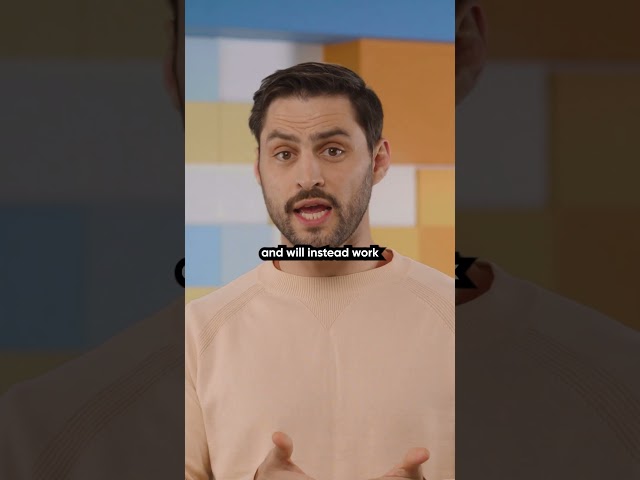A YouTuber has recently filed a class action lawsuit against OpenAI, the company known for developing artificial intelligence models like ChatGPT. The concern at the heart of this lawsuit is related to OpenAI allegedly scraping the transcripts of YouTube creators without their permission. This action has caused quite a stir in the online community, especially among content creators who spend a lot of time and effort creating their videos.
Background on the Issue
Many YouTube creators use transcripts for their videos to enhance accessibility and to reach a broader audience. These transcripts can also improve search engine optimization, making it easier for people to find their videos. However, the process of creating these transcripts can be labor-intensive and is often the intellectual property of the creators themselves.
Recently, it has come to light that OpenAI might have been using these transcripts to train its AI models. Content creators argue that this is a violation of their work’s integrity and their intellectual property rights. This has led to a notable YouTuber stepping forward to initiate a class action lawsuit, which aims to represent a larger group of affected creators.
The Lawsuit Explained
The class action lawsuit accuses OpenAI of scraping YouTube transcripts without obtaining explicit permission from the creators. Scraping, in this context, means that OpenAI’s computers automatically collected the text data from these transcripts, potentially infringing on copyright laws.
Class action lawsuits are a form of legal action where a group of people collectively bring a claim to court. In this case, the YouTuber and other involved creators seek to hold OpenAI accountable for their actions and to potentially receive compensation for any perceived damages or losses. This lawsuit will also put a spotlight on the broader issue of how AI companies obtain and use data for training their models.
What This Means for YouTube Creators
If you’re a YouTube creator, this lawsuit might raise some important questions about the ownership and use of your content. It’s a reminder to be vigilant about where and how your work is being utilized. Many creators are now looking into ways to better protect their content and ensure that their rights are respected in the evolving digital landscape.
Additionally, it could lead to changes in how AI companies operate and how they acquire the data needed for their models. OpenAI, like many other tech firms, may need to put in place more stringent policies and clear consent processes to avoid potential legal issues in the future.
Final Thoughts
This class action suit against OpenAI is still in its early stages, so it’s uncertain what the outcome will be. However, it has initiated an important conversation about the rights of content creators and the ethical use of data in the age of artificial intelligence. As technology continues to develop, maintaining a balance between innovation and respecting intellectual property rights will be crucial.










